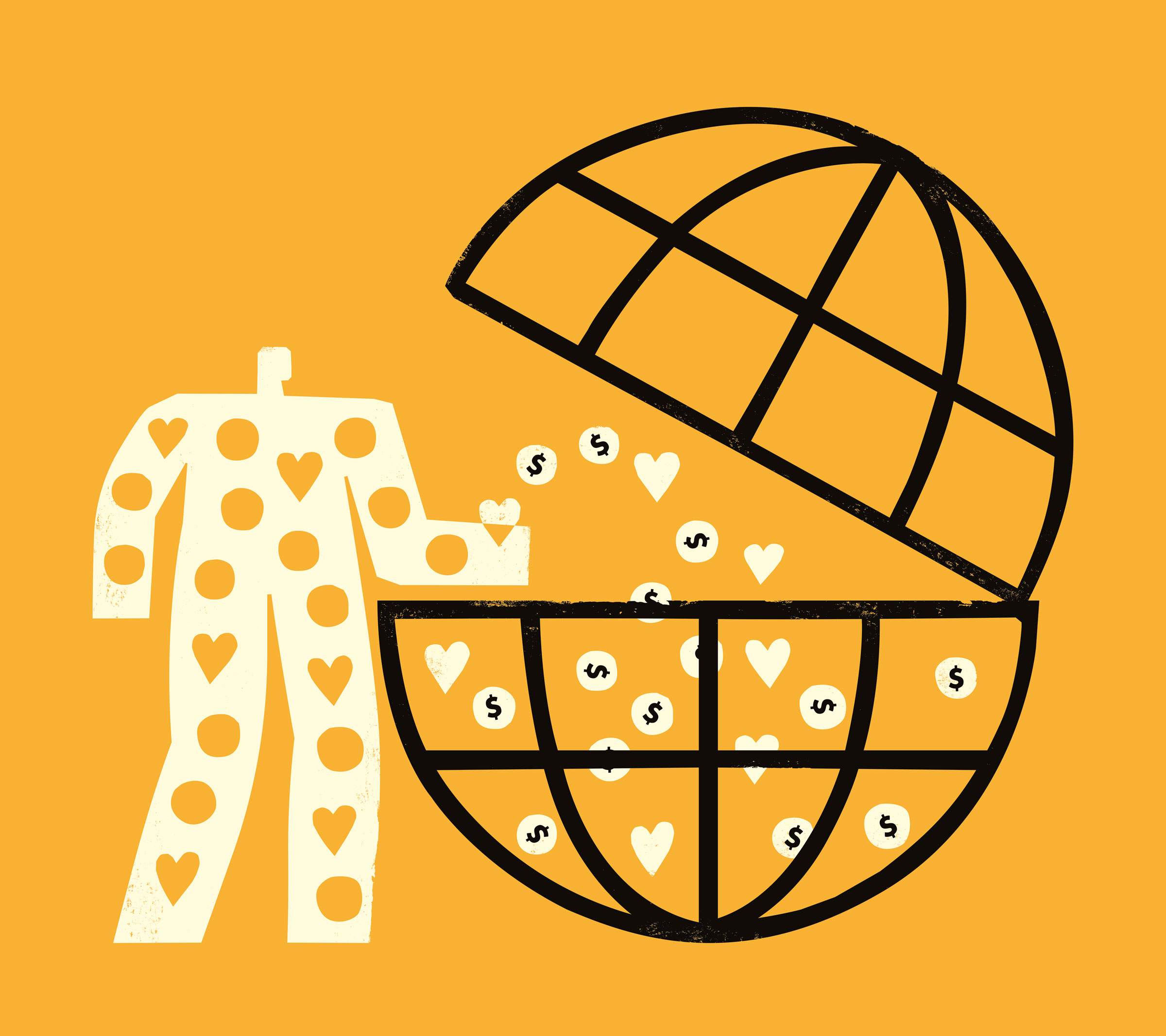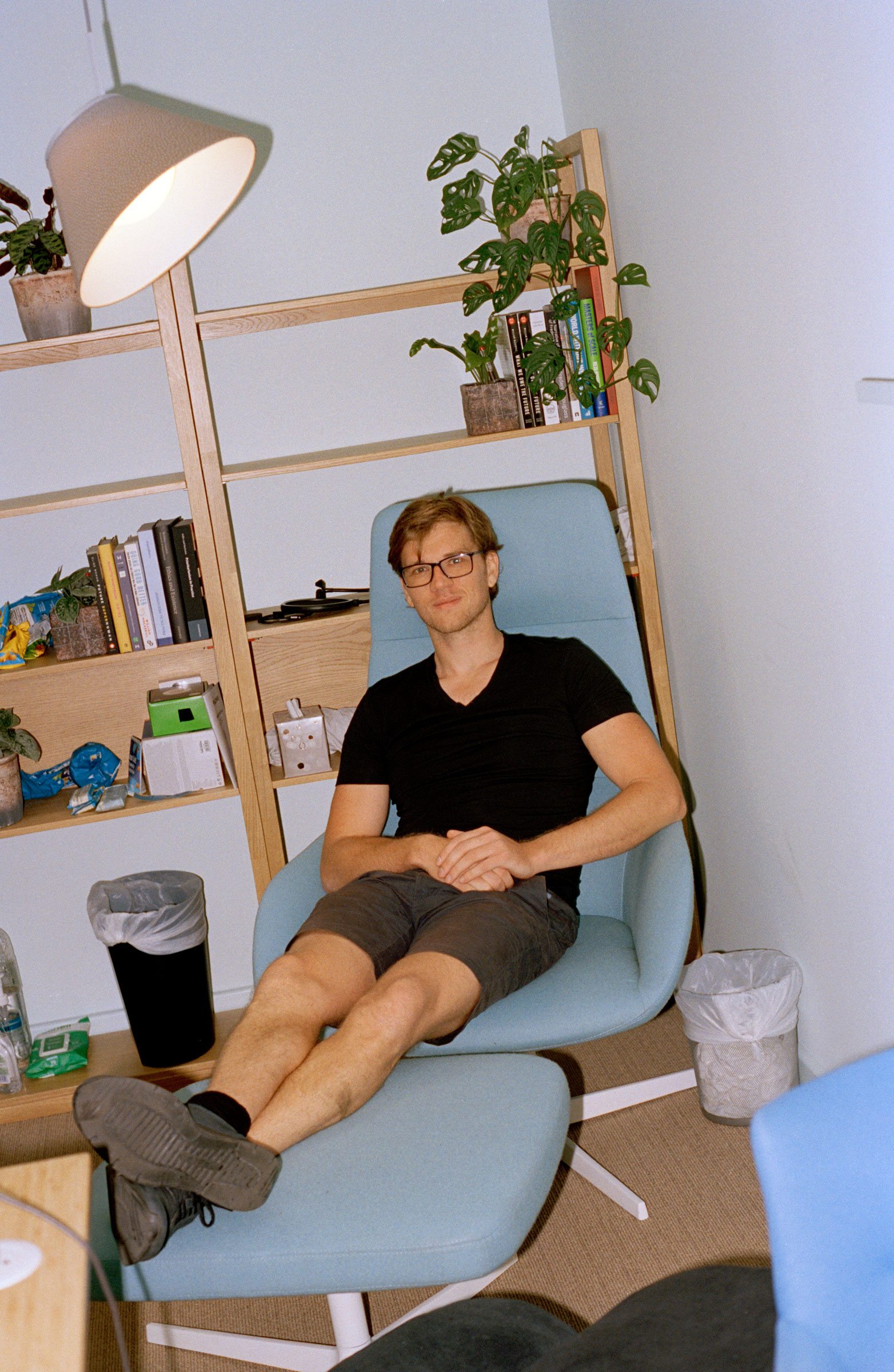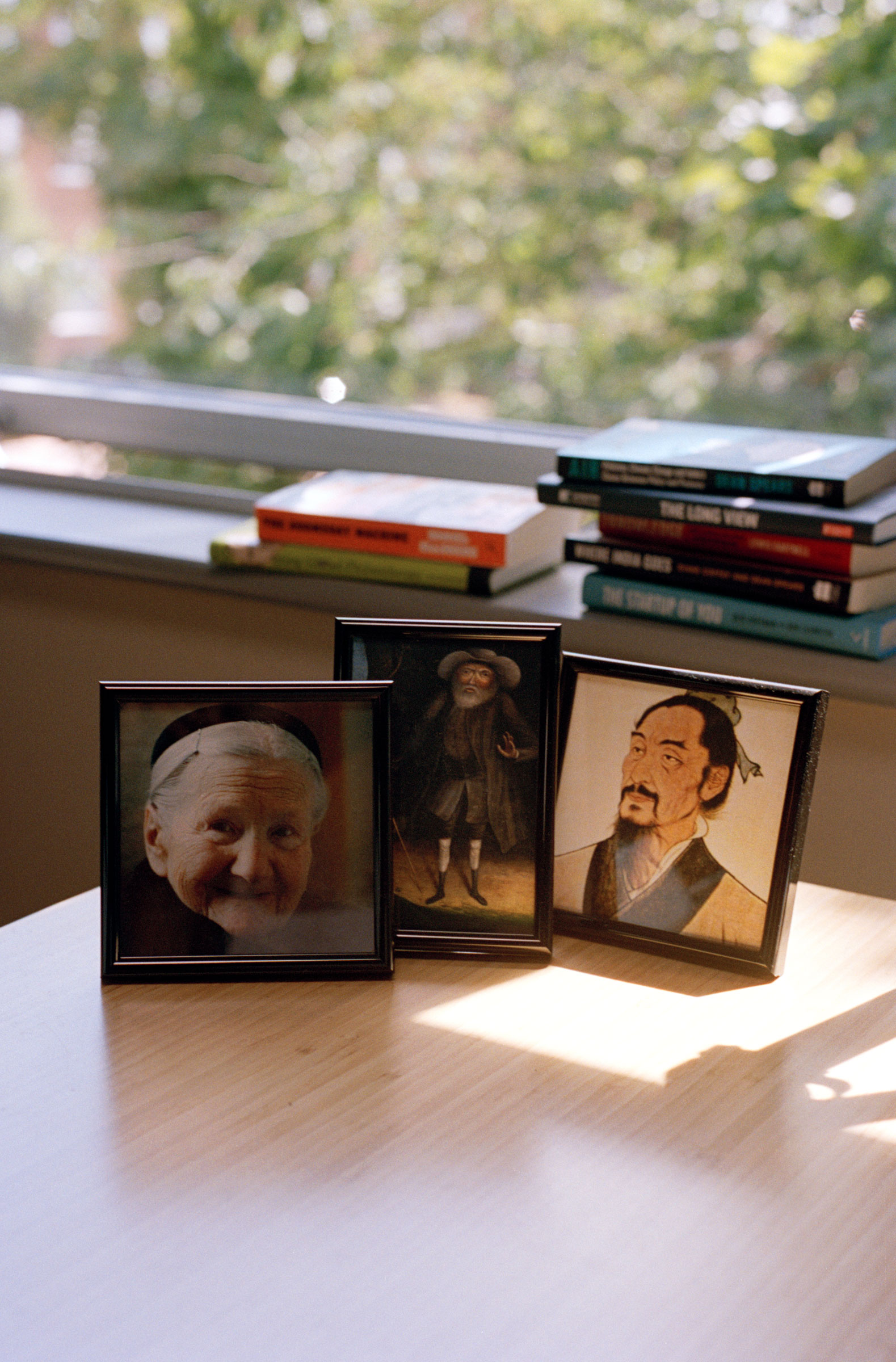THIS IS ONE OF THE MOST IMPORTANT/HELPFUL/INSIGHTFUL MONDAY BLOG VIDEO’S I HAVE EVER POSTED IN THE PAST SEVEN YEARS AND THERE’S A REALLY GOOD CHANCE YOU WILL NEVER WATCH IT, BUT SHOULD
THE MOST IMPORTANT 10 1/2 minutes you can spend for this entire year and the rest of your life. . .
(Or NOT; YOU can go on, not connecting and worrying and fretting AD NAUSEAM)





























